Mobile Header/Navigation In Progress
Extended Producer Responsibility (EPR) shifts the cost of recycling materials like single-use products, packaging and paper products (PPP), and hazardous and special products (HSP) away from municipalities and taxpayers to the producers and manufacturers who supply those products into the marketplace.
Instead of following others' lead, ARMA has worked with stakeholders to create a made-in-Alberta solution. Working with the Government of Alberta, we’re helping to support a government-made EPR framework that will help us and our partners do even more to reduce waste and make our province a more attractive place for investors.
Alberta’s EPR framework brings together communities, producer responsibility organizations (PROs), producers, and processing facilities to create a seamless system that reduces waste in our landfills and fuels our circular economy.
By launching EPR, we are:
Single-used products, packaging, and paper products (PPP) is one of the first systems in Alberta’s EPR framework. PPP includes the following materials from the residential sector:

Paper products such as newspapers, packaging, cardboard, printed paper, and magazines
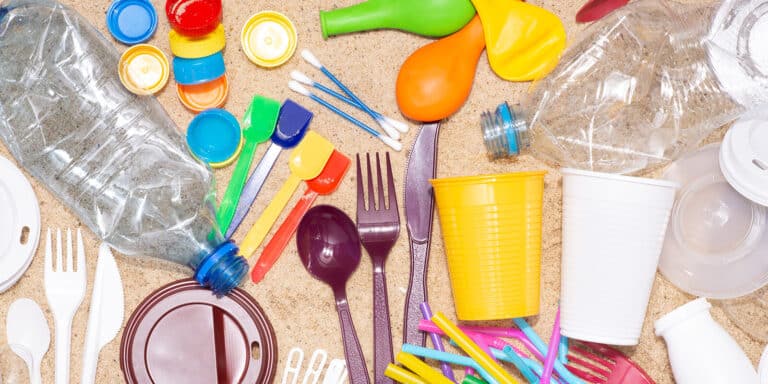
Plastics (both rigid and flexible)
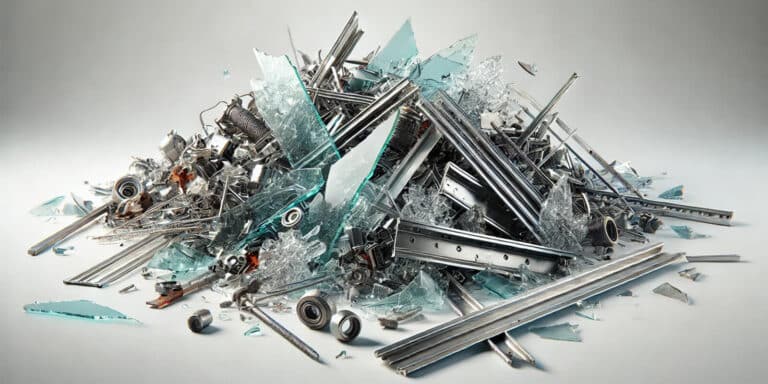
Metal and glass
Questions about specific PPP materials? Read the PPP Material Type Guide.
Alberta’s EPR framework does not include PPP from the industrial, commercial and institutional sectors. To avoid duplicating requirements, PPP materials regulated under existing regulated stewardship programs (beverage containers, electronics, paint, tires, and used oil materials) are not included in EPR PPP. Visit our regulations page to see regulations and associated bylaws.
Have questions about PPP? Visit our frequently asked questions page.
Alberta’s EPR system for hazardous and special products (HSP) replaced Alberta’s household hazardous waste program on April 1, 2025, and expanded the materials accepted.
HSP products include:
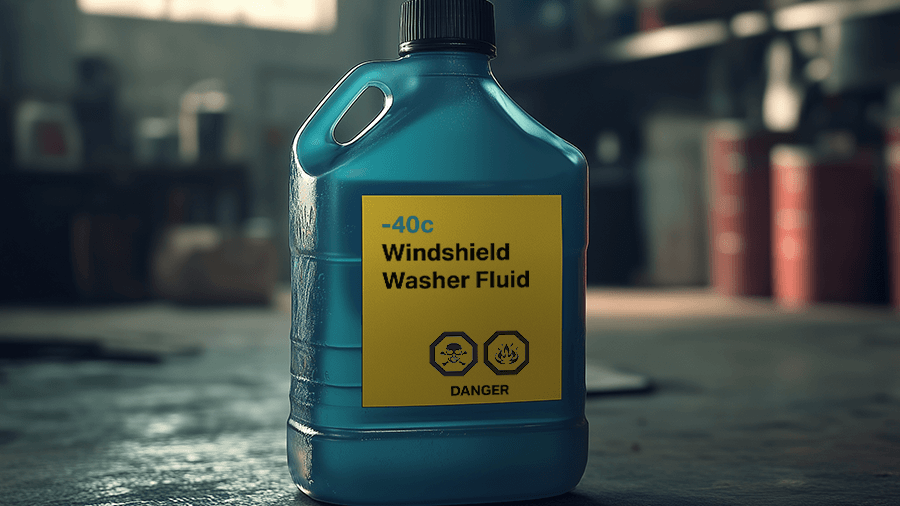
Consumer-sized solid, liquid, and gaseous products that are flammable, corrosive, and toxic
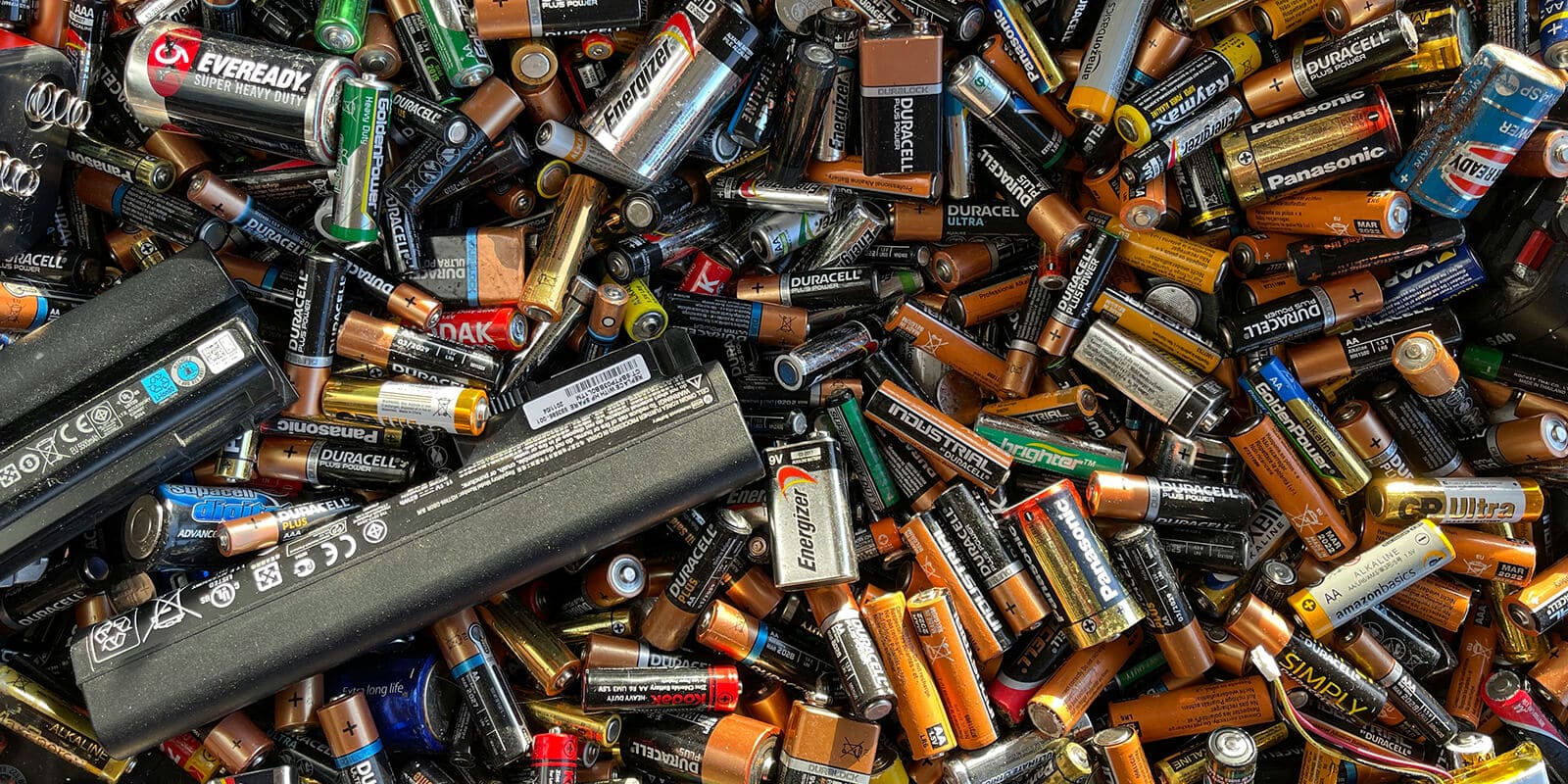
Batteries
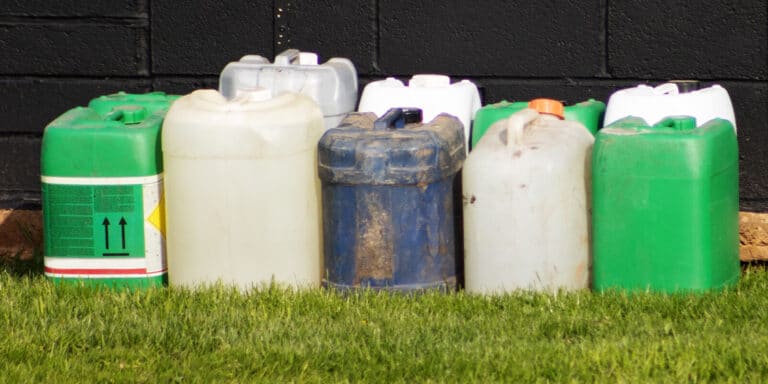
Pesticides
Questions about specific HSP materials? Read the HSP Material Type Guide.
The system does not include HSP products sold in industrial sizes. It also excludes HSP materials regulated under existing regulated stewardship programs, such as recyclable beverage containers, electronics, paint, tires, and used oil materials. Visit our regulations page to see regulations and associated bylaws.
Have questions about HSP? Visit our frequently asked questions page.
Under Alberta’s EPR framework, producers contribute financially to support ARMA’s oversight and can participate in any ongoing consultations related to oversight fees.
Simply put, when a producer sells or creates a product in Alberta that is either PPP or HSP designated (packaging or pesticide, for example), they are now obligated to pay an oversight fee for each product they sell. This fee will help support ARMA’s role in facilitating the EPR system that helps reduce waste and fuel our circular economy.
All producers obligated to pay the oversight fees will be subject to the Flat Fee.
All producers above the supply threshold will be subject to the Flat Fee plus the Variable Fee (Variable Rate x Total Supply).
With the conclusion of Alberta’s Oversight Fee consultations, the 2024 and 2025 Oversight Fees are listed below for Single-use Products, Packaging and Printed Paper Products (PPP) and Hazardous and Special Products (HSP). You can review the EPR Oversight Fee Guide for further details, including payment options and annual oversight fee timelines.
Invoices for the 2025 Oversight Fees will be issued in April.
Invoices for the 2024 Oversight Fees were issued on January 20, 2025. Log in to your ARMA Connect portal account to review your invoice.
Alberta’s consultation for the 2024 and 2025 EPR Oversight Fees were conducted in accordance with the requirements set out in the EPR Oversight Agreement. The 2024 and 2025 Oversight Fees Consultation Report was submitted to the Ministry of Environment and Protected Areas on November 20, 2024.
Highlights and outcomes:
For more information about Oversight Fees:
Meeting reporting obligations is crucial for the success of EPR. ARMA actively monitors and reports on producers' compliance status throughout the year.
Producers must submit their Supply Reports detailing the volume of designated materials supplied within the reporting period. This data is essential for tracking and managing recycling efforts across Alberta.
The inaugural supply reporting for Alberta began on June 1, 2024. Producers who have operated in the province since or before 2022 must submit supply data for the calendar years 2022 and 2023.
Below is a graph illustrating the percentage of producers who have met their reporting obligations for the calendar years 2022 and 2023.
To support and regulate Alberta’s EPR recycling initiatives, we have a detailed list of registered PPP and HSP producers. Registration is vital for ensuring all obligated producers are actively involved in EPR and contributing to a sustainable future.
Being registered as a Producer does not mean that:
ARMA’s Compliance and Registration Team continues to work with potential producers to bring them into compliance. If you are aware of a producer not on the list, please email epr@albertarecycling.ca.
ARMA may cancel or suspend the registration of a producer in accordance with the Extended Producer Responsibility Regulation, ARMA’s Bylaws, and/or ARMA’s Policies and Procedures.
As of February 1, 2025, Alberta has:
Visit our EPR Registry to see the lists of PPP and HSP producers.
November 30, 2022
January – July 2023
September 2023
October 2, 2023
Community Registration Opens
November 27, 2023
October – December 2023
December 31, 2023
January – March 2024
March 1, 2024
Producer Registration Deadline
April 2024
October 2024
April 2025
October 2026